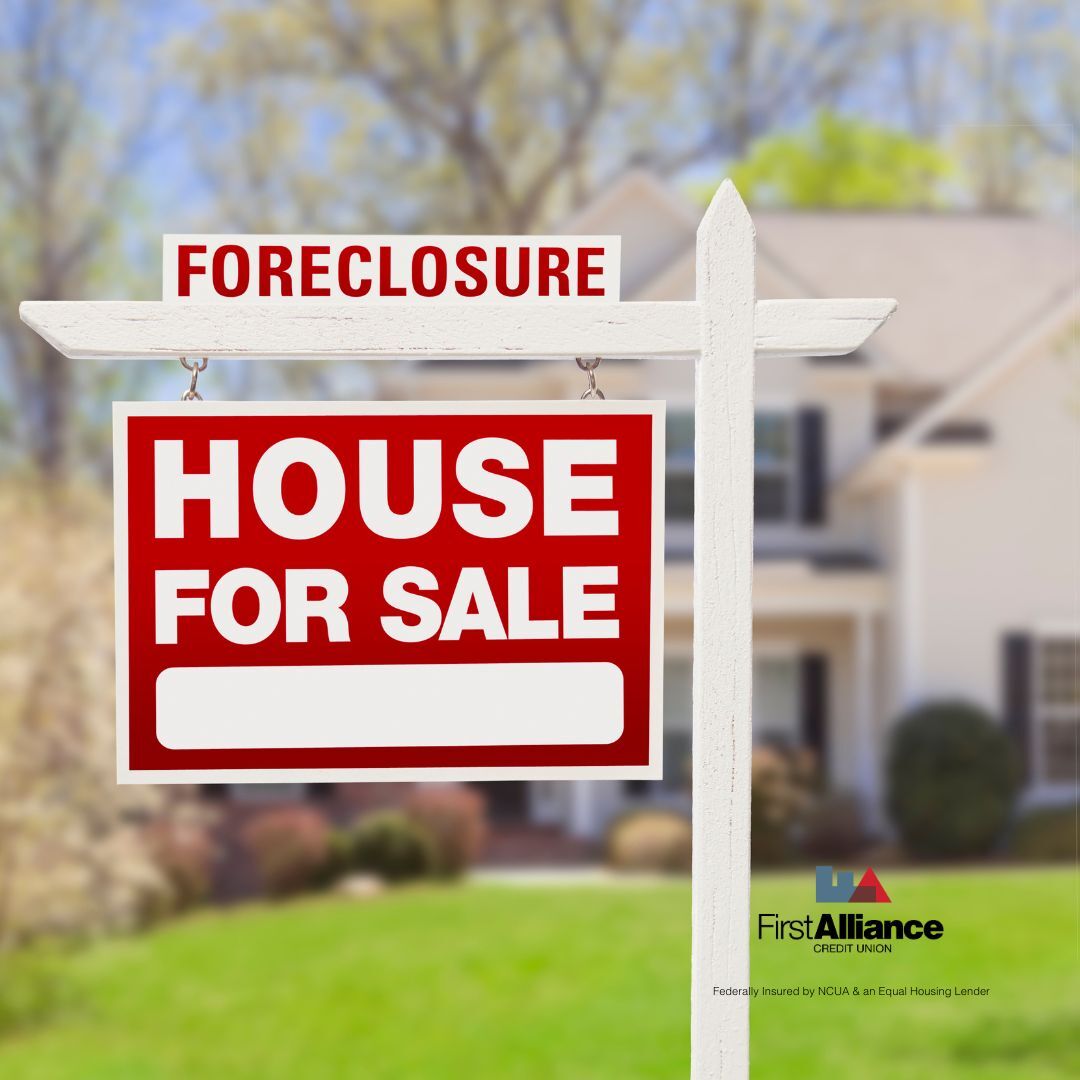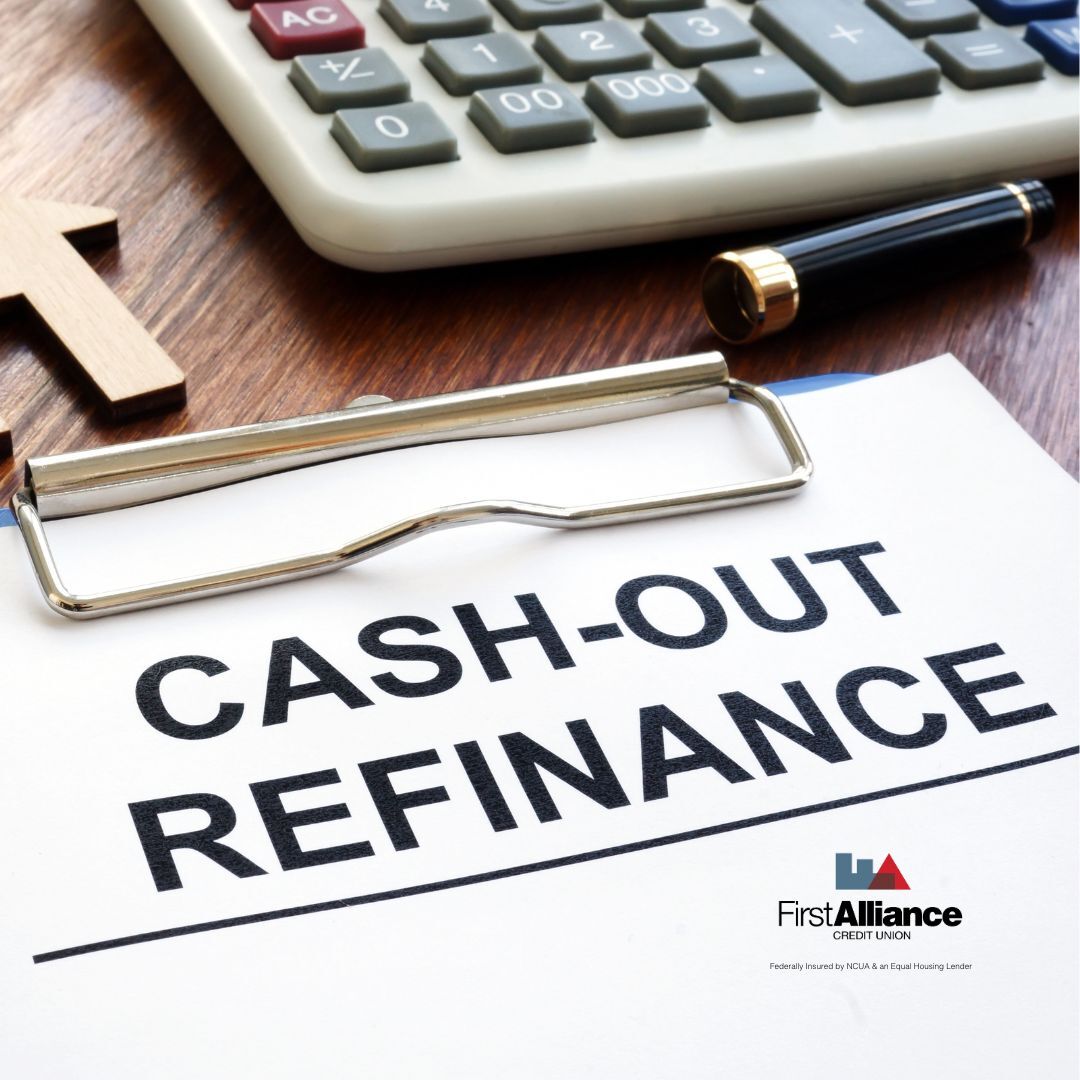Six Tips to Help Reduce Your Debt
No one likes being in debt or owing money to someone, but there is a large percentage of the population in the United States that is currently in...

Many families can face the prospect of a foreclosure in their lifetime due to a variety of financial situations. Luckily, there are several ways one can avoid a foreclosure, even if a foreclosure seems imminent. Here are five emergency solutions to avoid a foreclosure.
A homeowner can apply for what is known as a loan modification. This is when the homeowner asks the mortgage lender to restructure the mortgage. This modification can change various aspects of the previous mortgage, such as lowering the interest rate or extending the length of the mortgage. This can reduce the financial difficulties of the current mortgage and hinder a foreclosure from happening.
Forbearance is a process where the mortgage lender agrees to halt the foreclosure process and even all mortgage payments for a set amount of time. This gives the homeowner some breathing room until they are financially ready to pay the mortgage on time and can stall a foreclosure from being filed. According to The Motley Fool, “Forbearance agreements are contracts, and as such vary from one case to another. They are negotiated based on a number of guidelines and considerations. For example, a home that is severely underwater gives leverage to the borrower, because a foreclosure would likely result in steep losses for the lender.”
A reverse mortgage is when a homeowner asks for cash through the equity of a home. A reverse mortgage, put simply, is a mortgage loan just like the current mortgage you may have or have had in the past. With your conventional loan you may have now, it is a lien against your property. A reverse mortgage is similar to a refinance. In a bad situation, a reverse mortgage can help the homeowner receive a large amount of cash at once that can be used to pay the mortgage. Although there are some stipulations for a reverse mortgage, the cash from the equity is a new line of credit that can be used to pay the mortgage and stop a foreclosure.

One strategy to stop a foreclosure in an emergency is to declare bankruptcy. Although there is a chance bankruptcy could lead to the loss of the home, declaring bankruptcy will cease the foreclosure process and reorganize or sell off debts and assets. The bankruptcy process allows the homeowner time to refocus their wealth and income so they can potentially keep their home.
A short sale is the selling of a property where the money made from the sale is less than the amount left on the mortgage. Even though the mortgage lender receives less money from a short sale, the short sale is seen as a better alternative than a foreclosure both for the lender and homeowner. Although the home is being sold, the homeowner will avoid a foreclosure through a short sale.
No matter how close that foreclosure notice feels, you still hold the steering wheel. These five options give you room to breathe, regroup, and protect the place you call home. The sooner you act—whether that’s starting a loan-mod conversation, requesting forbearance, or exploring a short sale—the more choices you’ll keep on the table.
If mortgage stress is weighing on you, stop by First Alliance Credit Union or give us a call. We’ll listen without judgment, walk through your numbers, and help you map out a plan that keeps your family’s front door open. You’ve worked hard for your home; let’s work just as hard to help you keep it.

No one likes being in debt or owing money to someone, but there is a large percentage of the population in the United States that is currently in...

.jpg)
The process of buying a home should start long before you start house hunting. The first step in buying a house is actually to start saving for a...